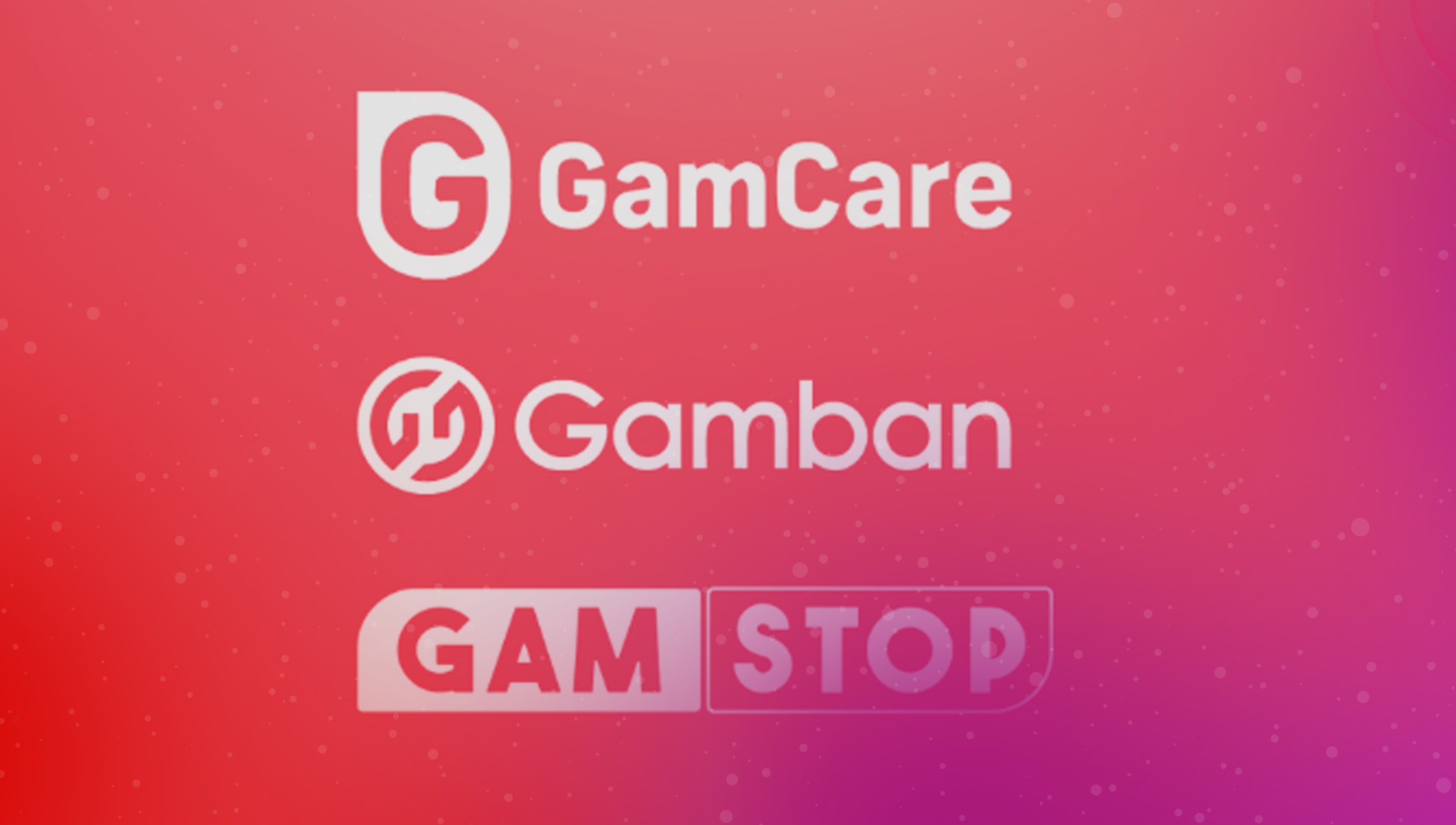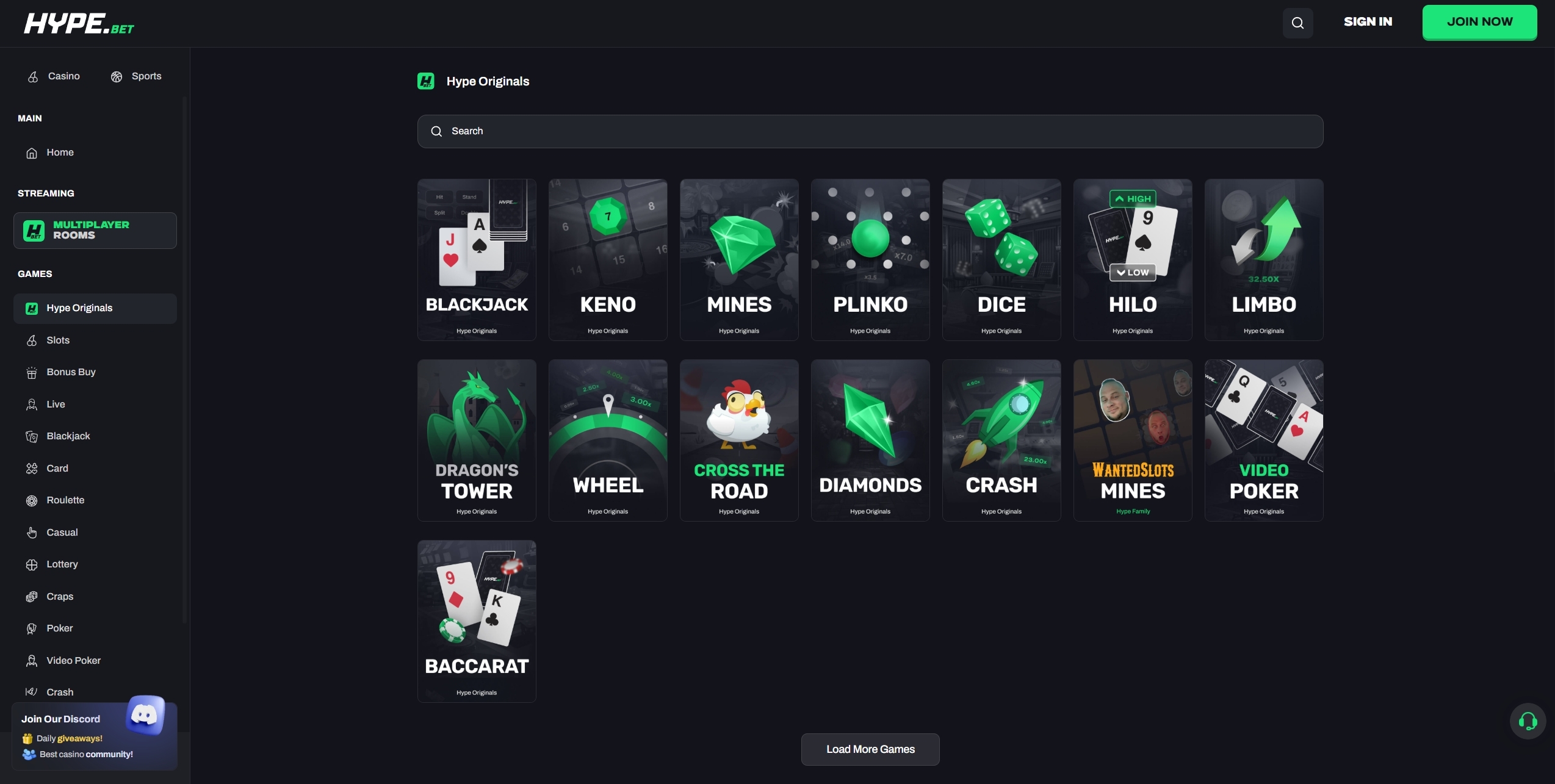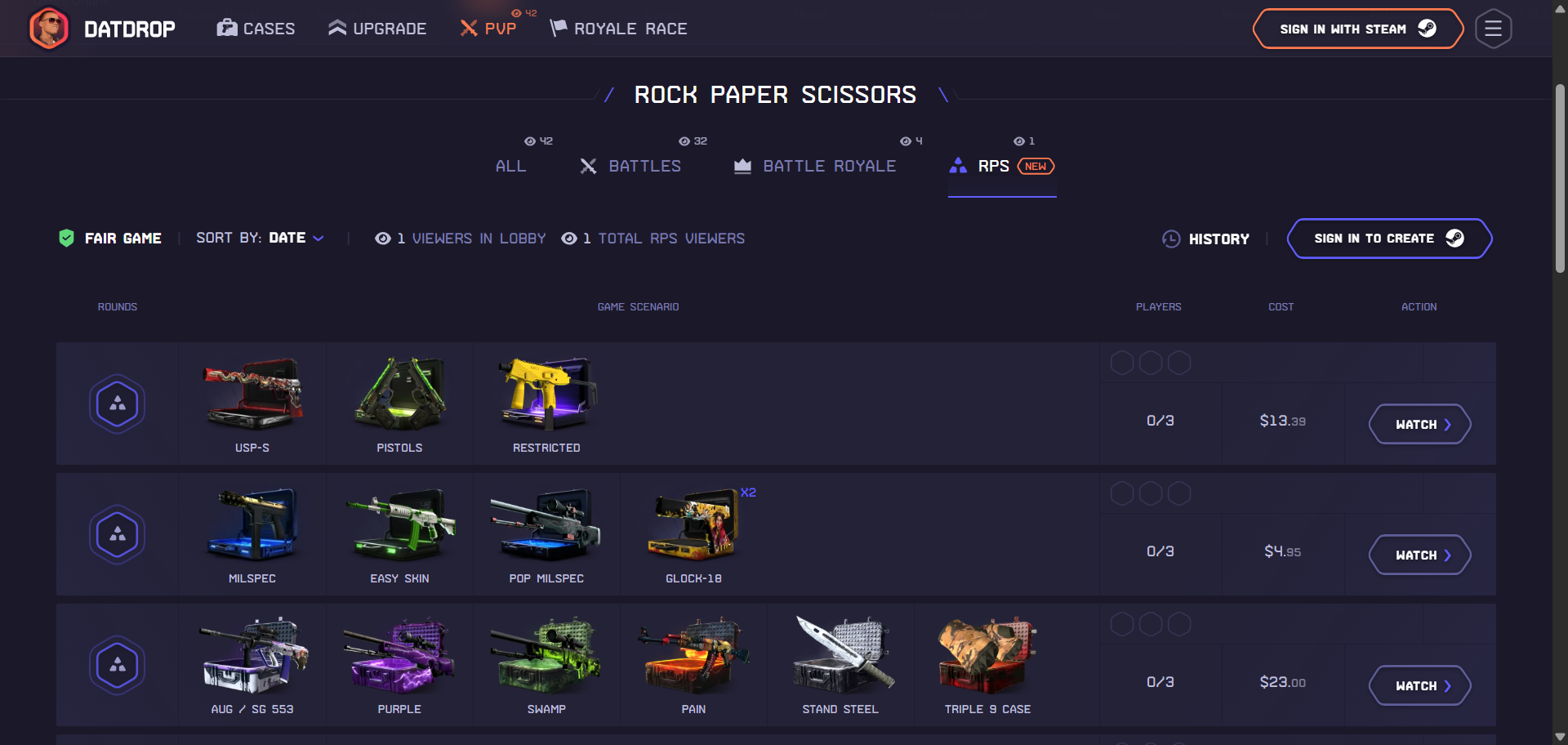What to Do If You Have a Gambling Problem: Seeking Help and Support

When the Fun Stops: A Guide to Recognizing and Overcoming Gambling Problems
For many, placing a bet is a bit of fun—a flutter on the football, a weekly lottery ticket, or a casual game of poker with friends. It’s a form of entertainment, a momentary thrill. But what happens when the lines blur, and the fun gives way to compulsion? What happens when gambling stops being a choice and starts feeling like a necessity?
This is the insidious nature of a gambling problem. It can creep into a person's life, casting a shadow over their finances, relationships, and mental well-being. If you're reading this because you're worried about your own gambling habits, or those of someone you care about, know this: you have already taken the most important step. Acknowledging the problem is the start of the solution, and you are not alone on this journey. This guide is here to help you understand the signs, take actionable steps, and find the support you need to reclaim your life.
The Slippery Slope: Recognizing the Signs of a Gambling Problem
A gambling addiction, also known as compulsive gambling or gambling disorder, is a behavioural addiction that can be difficult to spot. It’s often hidden in plain sight, masked by secrecy and shame. Here are the key signs that gambling may have crossed the line from a hobby to a problem:
Changes in Financial Behaviour:
Gambling with more money than you can afford to lose.
Constantly "chasing" losses, believing that one big win will solve everything.
Borrowing money, selling possessions, or even resorting to theft to fund gambling.
Unexplained debt, maxed-out credit cards, and an inability to pay bills.
Psychological and Emotional Indicators:
Tolerance: Needing to bet with increasing amounts of money to achieve the same feeling of excitement or "rush."
Withdrawal: Feeling restless, irritable, anxious, or depressed when you try to cut down or stop gambling.
Escape: Using gambling as a way to escape from real-life problems or to numb feelings of helplessness, guilt, or stress.
Preoccupation: Constantly thinking about gambling—planning the next bet, reliving past wins, and strategising how to get more gambling money.
Impact on Daily Life and Relationships:
Loss of Control: Repeatedly trying to control, cut back, or stop gambling without success.
Deception: Lying to family members, friends, or therapists to conceal the true extent of your gambling. This often leads to a "double life."
Jeopardizing Your Future: Losing or risking significant relationships, jobs, or educational and career opportunities directly because of gambling.
Isolation: Withdrawing from social activities and hobbies that were once enjoyable to spend more time gambling.
Taking Back Control: Your First Steps Towards Recovery
Recognizing the problem is half the battle. The next half is about taking deliberate, empowered steps to change your behaviour. The path to recovery is a process, but it starts with these foundational actions.
1. Break the Silence: Acknowledge and Share
The first and most courageous step is admitting to yourself, honestly and without judgment, that you have a problem. The secrecy that fuels addiction loses its power when brought into the light. Confide in someone you trust—a partner, a close friend, or a family member. Hearing yourself say the words out loud can be incredibly liberating and is the first move towards building a support system.
2. Create Practical Barriers to Gambling
You need to make it as difficult as possible to act on the urge to gamble. This is about creating a safe environment for your recovery.
Self-Exclusion: Every licensed gambling operator in the UK is part of the GAMSTOP service. Registering with GAMSTOP is free and will block you from all online gambling sites and apps run by companies licensed in Great Britain for a period of your choosing (6 months, 1 year, or 5 years). For physical betting shops, look into the SENSE (Self-Enrolment National Self-Exclusion) scheme.
Install Blocking Software: Use software like Gamban or BetBlocker to block access to thousands of gambling websites on all your devices (phone, tablet, computer).
Financial Management: Hand over control of your finances to a trusted partner or family member, even temporarily. Cancel gambling-related credit cards, let your bank know you have a gambling problem (many now offer gambling blocks on debit cards), and set strict daily spending limits.
3. Understand Your Triggers and Find Alternatives
What situations, feelings, or even times of day trigger your urge to gamble? Are you bored, stressed, lonely, or anxious? By identifying these triggers, you can develop healthier coping strategies.
If you gamble when stressed: Try exercise, meditation, or deep-breathing techniques.
If you gamble when lonely: Reach out to friends, join a local club, or volunteer.
If you gamble when bored: Rediscover an old hobby or start a new one. Fill the time you once spent gambling with something constructive and rewarding.
You Don't Have to Do This Alone: UK Resources for Help & Support
Professional help and peer support are critical components of a successful recovery. These organisations offer free, confidential, and non-judgmental support tailored to your needs.
GamCare: GamCare operates the National Gambling Helpline (0808 8020 133), which is available 24/7. They provide confidential advice, information, and emotional support. They can also connect you with free face-to-face, online, or telephone-based therapy sessions. Their website is a treasure trove of information.
BeGambleAware.org: This is an independent charity that offers a wealth of resources to help people understand and tackle gambling harms. Their website provides self-assessment tools, practical advice for managing your finances, and a gateway to finding the right support services for you, including direct links to NHS treatment.
Gamblers Anonymous (GA): Following a 12-step program similar to Alcoholics Anonymous, GA is a fellowship where members share their experiences, strength, and hope with each other to solve their common problem. Attending a local or online meeting can provide an incredible sense of community and understanding from people who truly know what you're going through.
Gam-Anon: Gambling addiction doesn't just affect the individual; it has a profound impact on family and friends. Gam-Anon provides support and guidance for the loved ones of compulsive gamblers, helping them to cope and learn how they can best support both the gambler and themselves.
NHS Gambling Clinics: The NHS is increasingly recognizing gambling as a serious public health issue and has opened dedicated clinics, such as the National Problem Gambling Clinic in London and other regional hubs. These clinics offer specialised care from psychiatrists, therapists, and psychologists to tackle more severe and complex cases of gambling addiction.
Your Path to a Healthier Life Starts Today
Taking the first step is often the hardest, but it is also the most powerful. Recovery is not a straight line—it's a journey with ups and downs. But with the right strategies, a strong support network, and a commitment to change, you can break the cycle.
If gambling is costing you more than just money, it's time to ask for help. Reach out to one of the resources above. Talk to someone. Today can be the day you place the most important bet of all—the one on yourself.
Featured Reviews

Hype
Launched in January 2025, Hype.Bet Casino has quickly become a standout in the online crypto casino and sportsbook market.
Gamemodes
Payments
Bonus
100% up to $500 on deposits starting at $20
Code
LUCKI

Rain
Our favourite case battles website. Rain.GG is a promising new CS:GO gambling site that gets a lot of things right. With its excellent game variety, user-friendly design, and generous bonuses.
Gamemodes
Payments
Bonus
5% Deposit Bonus, Daily, Weekly and Monthly cases
Code
LUCKIGG

Datdrop
Explore Datdrop, the original and trusted case opening site. With exciting game modes like Battle Royale and a 5% deposit bonus with code LUCKIGG.
Gamemodes
Payments
Bonus
5% deposit bonus
Code
LUCKI